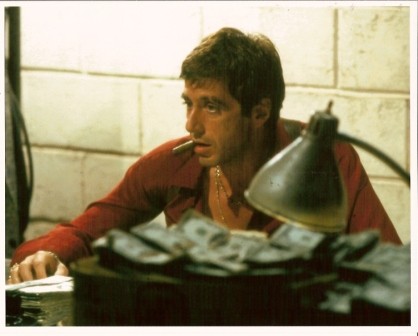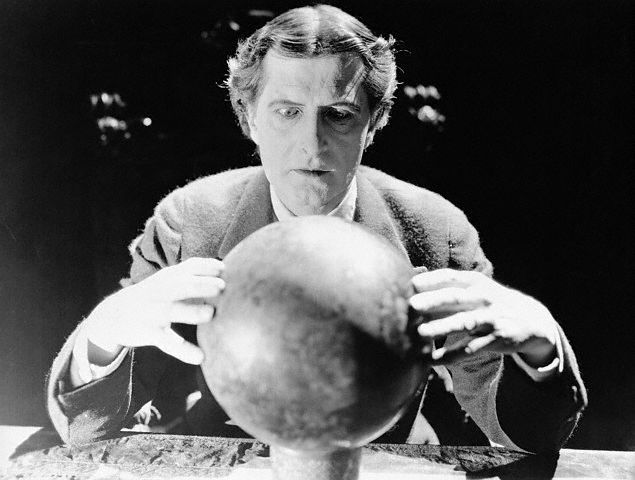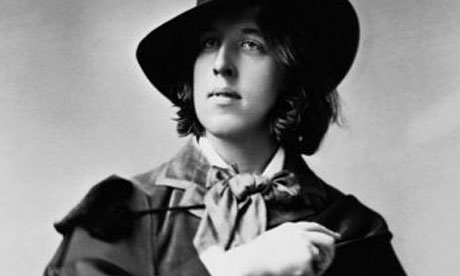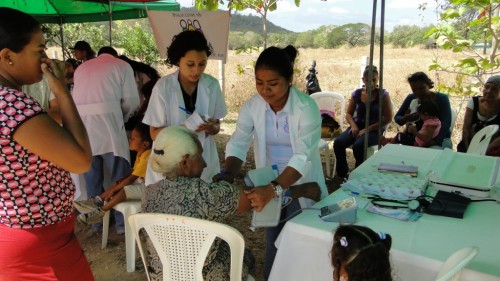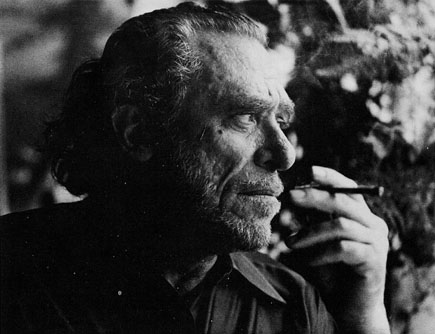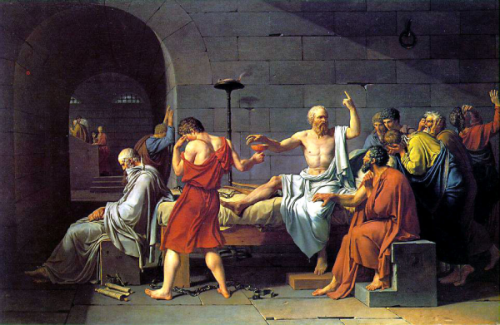 I woke up this morning in pain again. I injured my shoulder wrestling a few weeks ago, and it doesn’t seem to be healing. Certainly not as fast as it would have healed when I was in my 30s.
I woke up this morning in pain again. I injured my shoulder wrestling a few weeks ago, and it doesn’t seem to be healing. Certainly not as fast as it would have healed when I was in my 30s.
This is one of the many execrable things that happen to you when you reach 60. But it’s hardly the worst. The worst is that you can’t avoid thinking about death. People you know — colleagues, friends, and family members — are seriously sick or dying.
Right now, I see death as a hateful thief — ready to rob me of the time I need to accomplish the goals I have yet to accomplish.
There is so much still to do: books to write, movies to make, business to conduct, and places to see. But most of all there are relationships I owe time to.
A reader recently wrote asking me why, when discussing how I spend my day, I don’t talk about the time I spend with my family and friends. The main reason is that I don’t feel I should be dragging them into public view without their permission. But another reason is that I write mostly about what I’ve learned… and I haven’t learned how to do a very good job of spending time with them.
When I think about making good use of the time I have left, it’s clear to me that working on my personal relationships should be my top priority.
So why don’t I do that now?
 MarkFord
MarkFord

